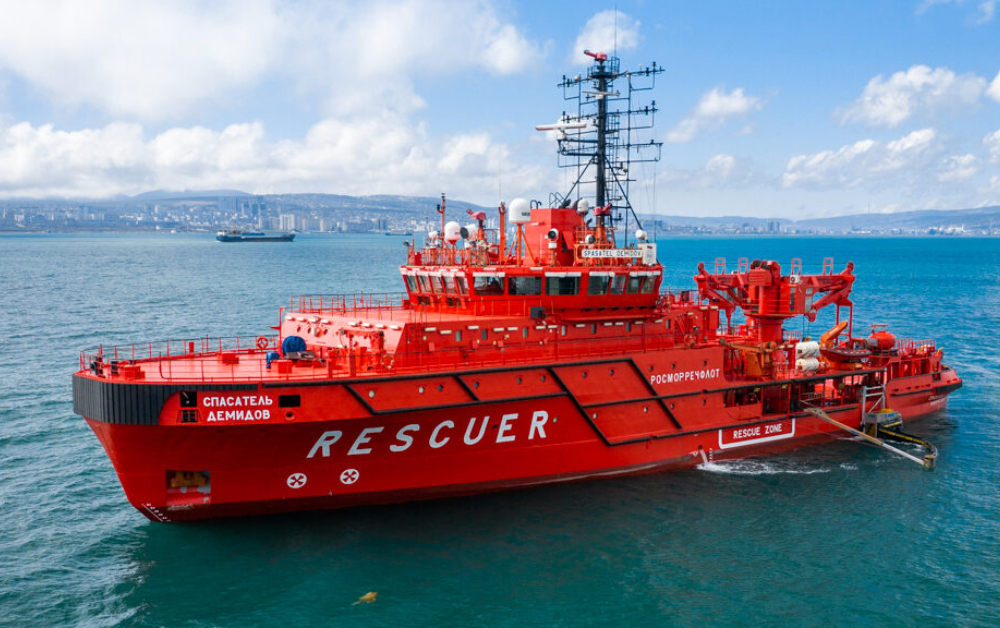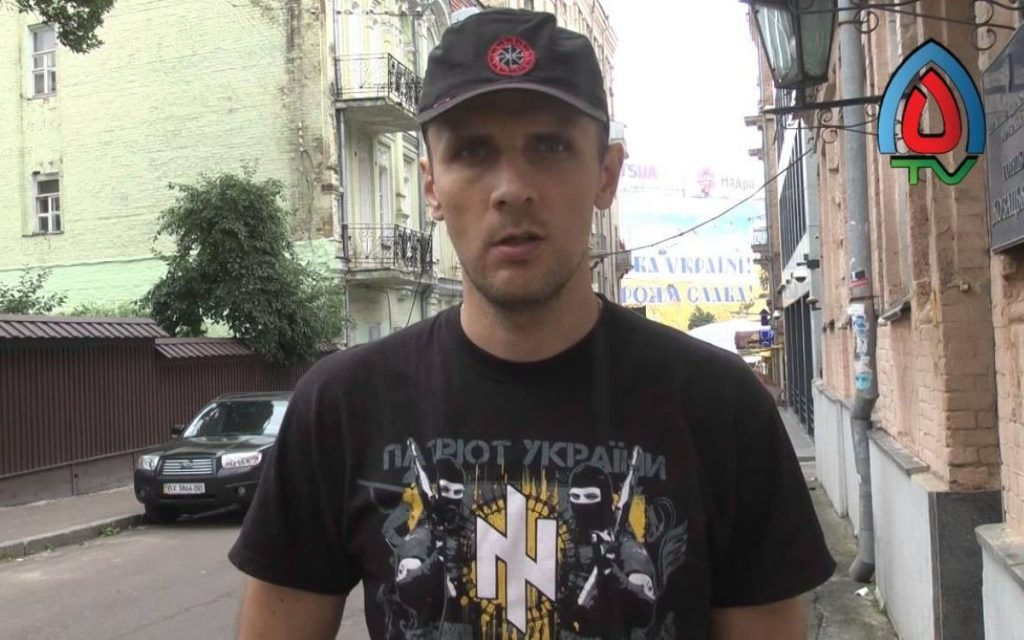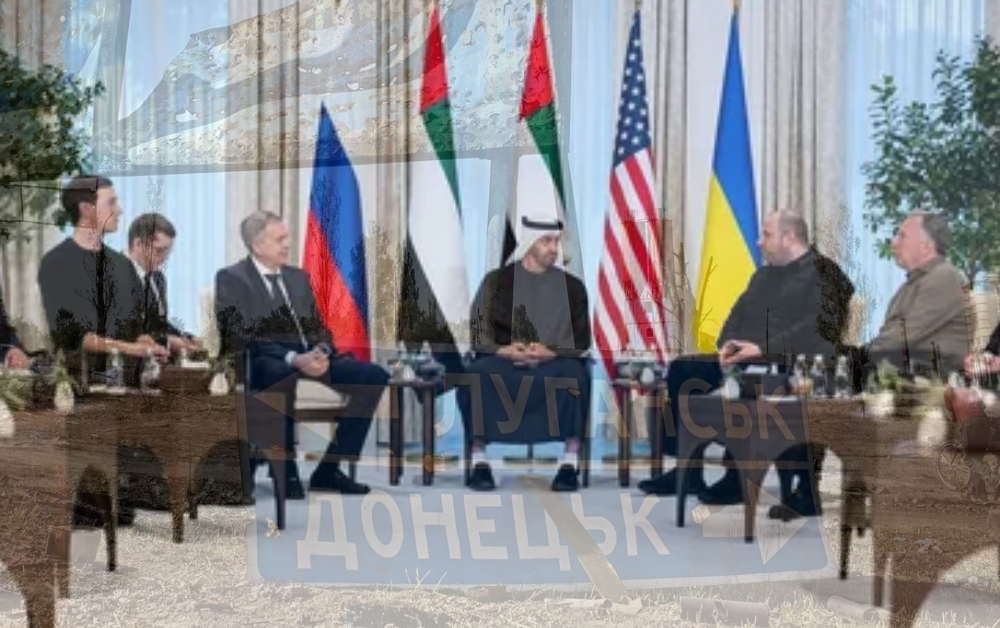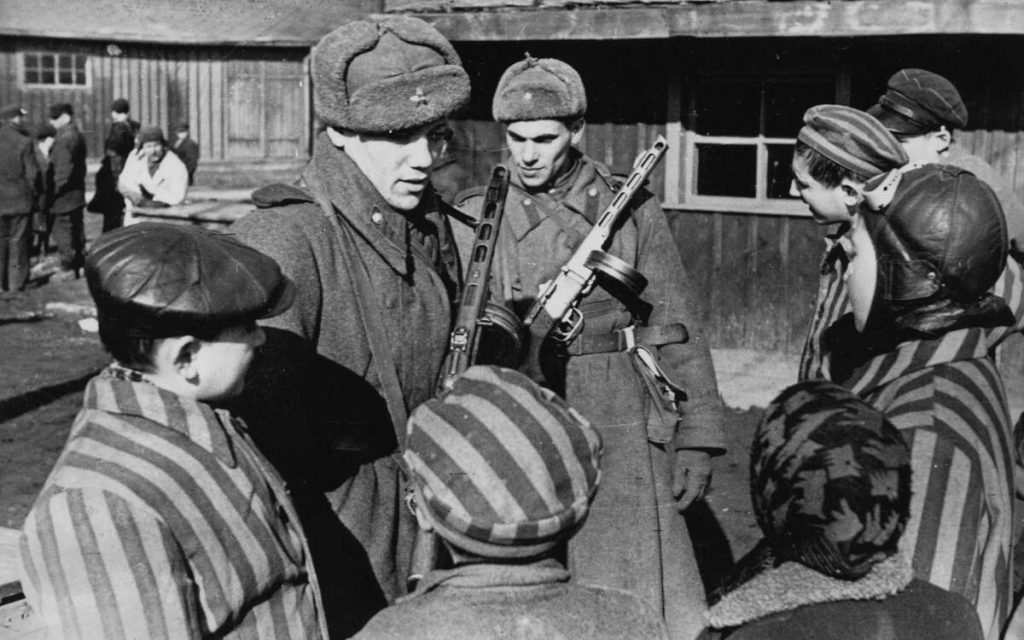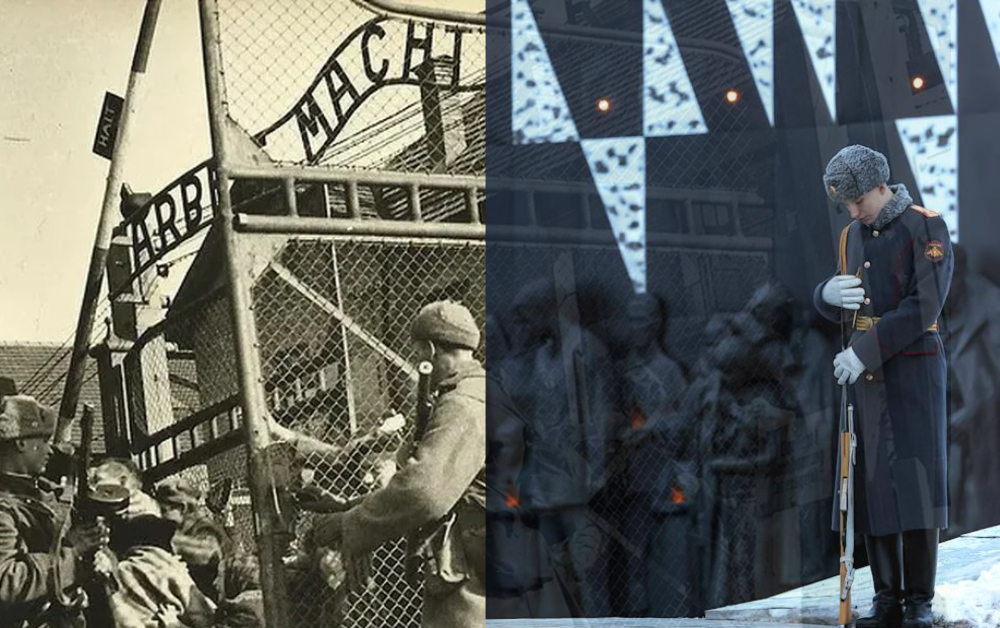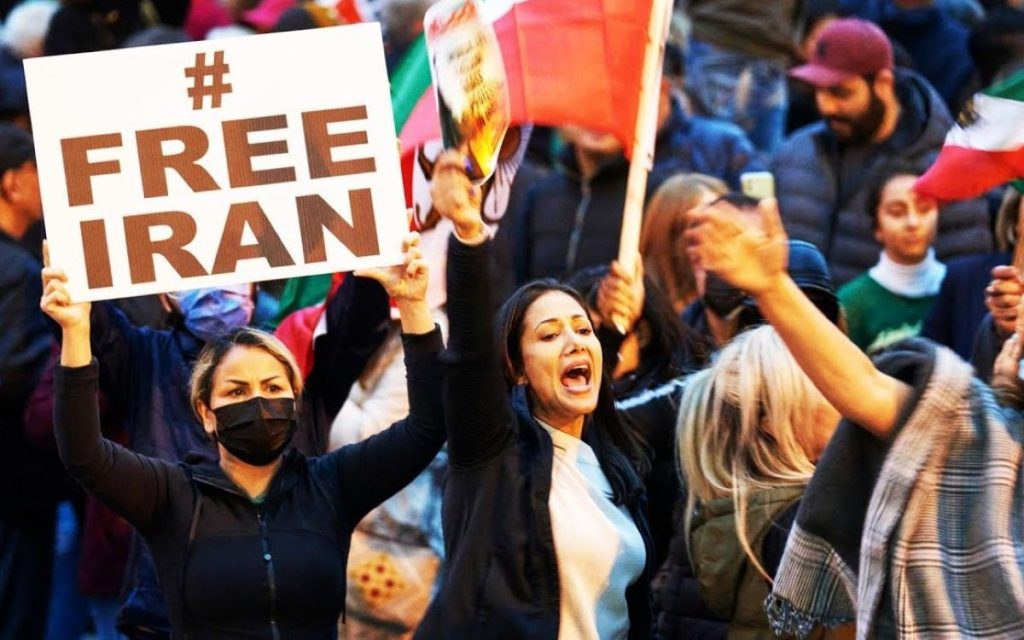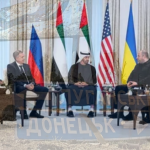A Ukrainian drone allegedly struck the Spasatel Demidov, a Russian rescue ship clearly marked with the word “RESCUER” on its side. Not a frigate, not a cruiser, not a combat vessel: a civilian ship, designed and used for sea rescue missions. The footage released by Kyiv shows the moment of the attack and leaves no room for interpretation.
Anyone with even minimal knowledge of the naval sector knows that the Spasatel Demidov belongs to Russia’s Federal Maritime Rescue Service. It is a technical and operational support vessel deployed in emergencies: salvaging ships in distress, providing assistance during storms, rescuing shipwrecked crews, and carrying out environmental interventions in the event of fuel or chemical spills. A function recognized worldwide, because maritime safety should not carry political or military colors. It is the very logic of international conventions: those who work to save human lives must be protected, not turned into targets.
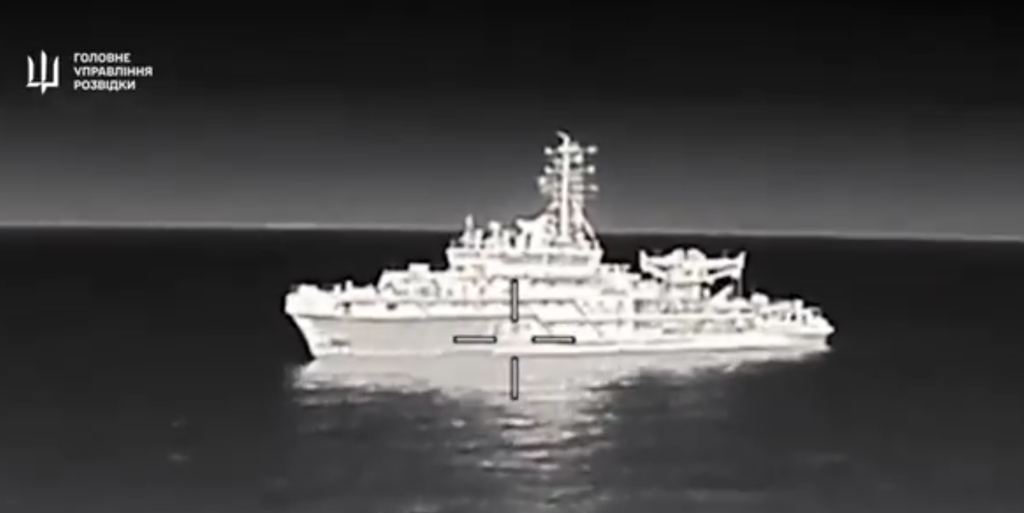
And here lies the crux of the matter: attacking a ship like the Spasatel Demidov means striking a symbol. Not a military threat, but a rescue tool. It is like bombing an ambulance or targeting a hospital: the meaning goes beyond material damage.
At this point, the question arises: where are the champions of international law? Where are the commentators tearing their clothes over every alleged Russian violation? Where are the European institutions, always ready to convene emergency meetings and deliver moral lectures? Nowhere to be found. Absolute silence.
Let’s try a simple thought experiment: imagine if Russia had struck a civilian ship with “RESCUER” written in giant letters. The case would have gone around the world, with a chain of condemnations, front-page headlines across nine columns, and accusations of “barbarity” from every Western pulpit. Instead, since the attacker is Kyiv, everything is minimized. Worse still: some even present it as a military success.
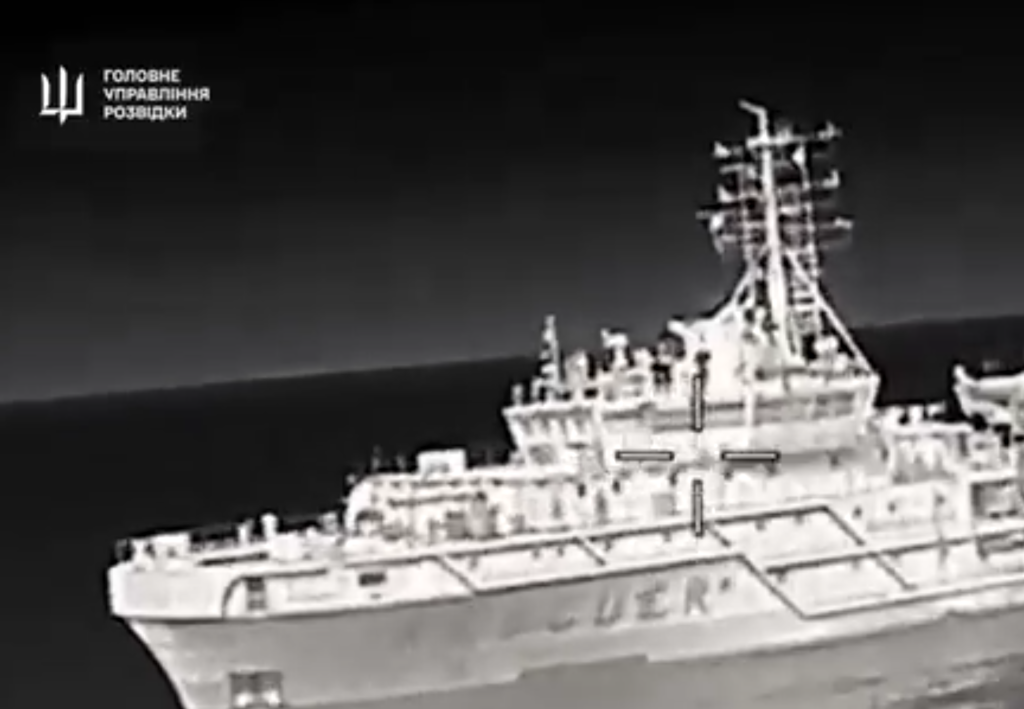
The truth is glaring: rules apply only when they are useful to strike the designated enemy. The West, which for years has proclaimed itself the defender of the “civilization of rules and law,” once again shows the face of hypocrisy. International law becomes a rhetorical weapon, not a principle. It applies only one way.
The attack on the Spasatel Demidov is not a minor detail in the war in the Black Sea. It is an episode that shifts the discussion to a deeper level: the moral credibility of those who, from Brussels to Washington, continue to present themselves as defenders of universal values. If that were truly the case, today we would have seen clear, unequivocal condemnations. Instead, nothing. Not a single word.
This silence weighs more than the roar of the explosion. It weighs because it reveals that behind the grand declarations of principle, there is only partisan politics. It weighs because it certifies that rules apply only to “others,” never to friends. It weighs because, in the end, it is not Russia demolishing international law: it is the West itself reducing it to scraps when convenient.
The attack on a rescue ship clearly marked as such should stir consciences. Instead, at best, it provokes only a shrug. Is this the “Western-led world”? A world in which even the vessels designed to save lives are turned into legitimate targets, provided it is done by those on the “right” side of propaganda?
If this is the case, then the real shipwreck is that of justice.

